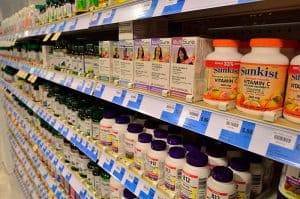
Doctors prescribe more brand drugs for free meals from pharma industry – Study
pharmafile | June 21, 2016 | News story | Manufacturing and Production, Research and Development, Sales and Marketing | JAMA, regulation, research
Doctors who received free meals from the pharmaceutical representatives were more likely to prescribe the brand-name medication that was being promoted, instead of lower-cost generics, according to a new study published in JAMA Internal Medicine.
Industry payments to physicians are associated with higher rates of prescribing brand-name statins, the report said.
The researchers found that 279,669 physicians had received a combined 63,524 payments associated with the four target products, 95% of which were meals, with the average value being less than $20. Brand-name drugs were prescribed more often even when doctors received just one meal, and prescription frequency grew with the number of meals and their costs, according to the study. Doctors who received four or more meals paid by the industry prescribed Crestor at 1.8 times the rate of those who received no free meals. The ratio was 4.5 times for Benicar and 3.4 times for Pristiq.
The group of doctors in the study received 63,524 industry-sponsored meals in the last five months of 2013. The study linked two national data sets, and the results are cross-sectional and reflect an association, according to the report.
As the US seeks to rein in the costs of prescription drugs and make them less expensive for patients, the findings are concerning, the medical journal said.
Anjali Shukla
Related Content

Bayer and Aignostics to collaborate for AI oncology research
Bayer and Aignostics have announced that they have entered into a strategic collaboration for several …

BMS shares new research and development plans at the company’s R&D day
Bristol Myers Squibb (BMS) recently held a Research and Development (R&D) Day in New York, …

‘Smart drugs’ may contain unapproved pharmaceuticals, according to a new study
Some supplements billed as ‘smart drugs’ may contain unapproved drugs in potentially dangerous combinations and …








